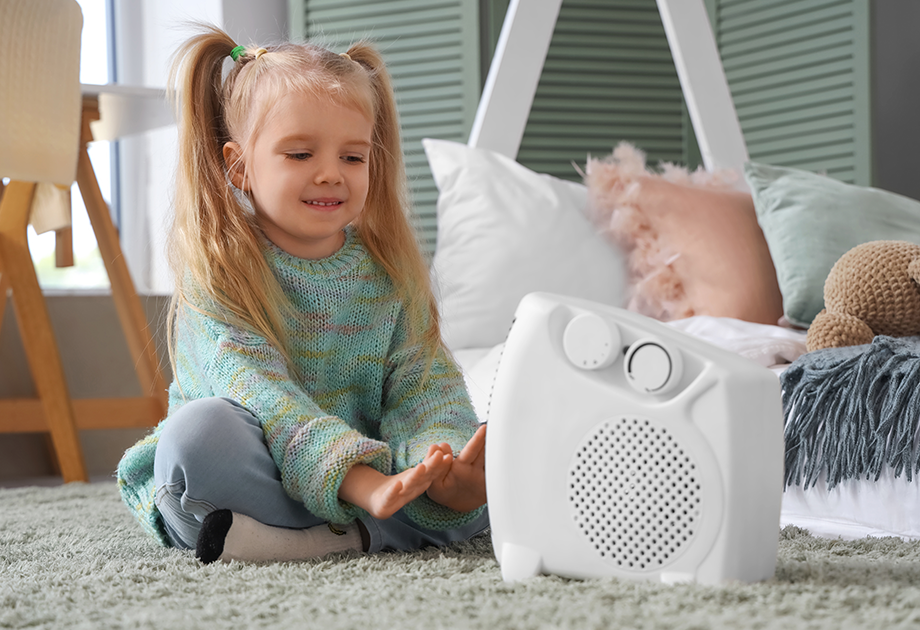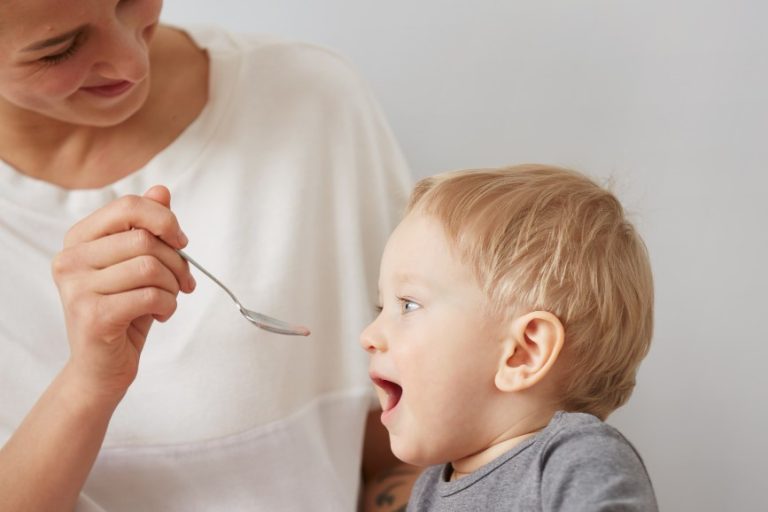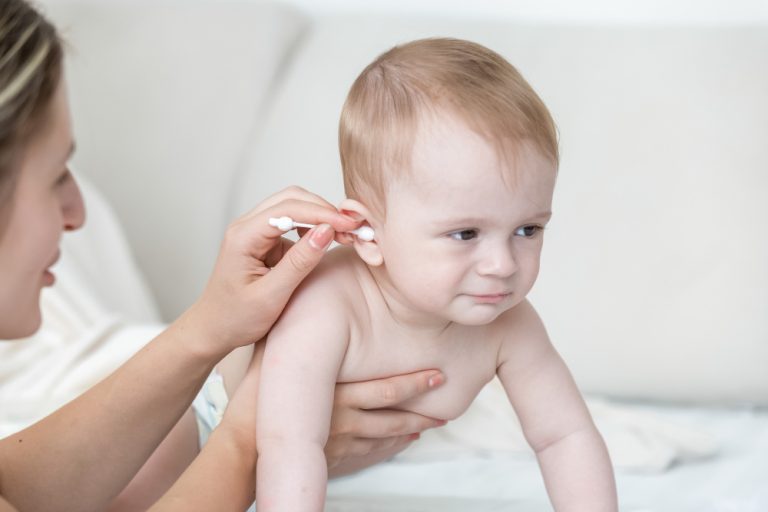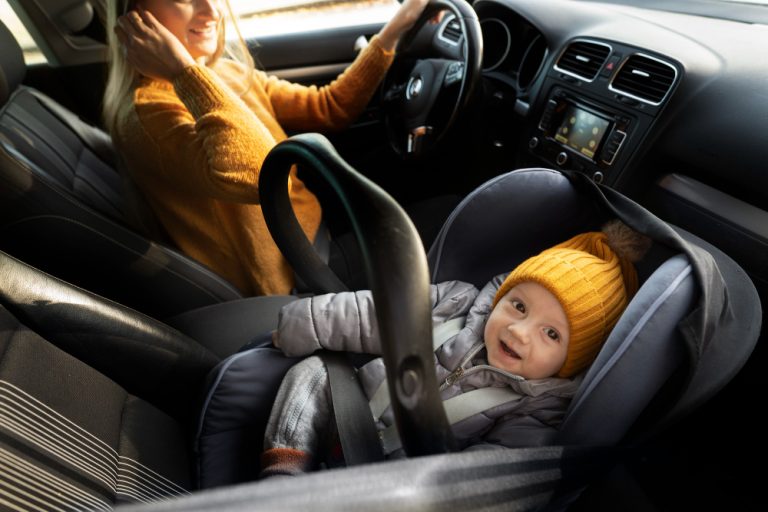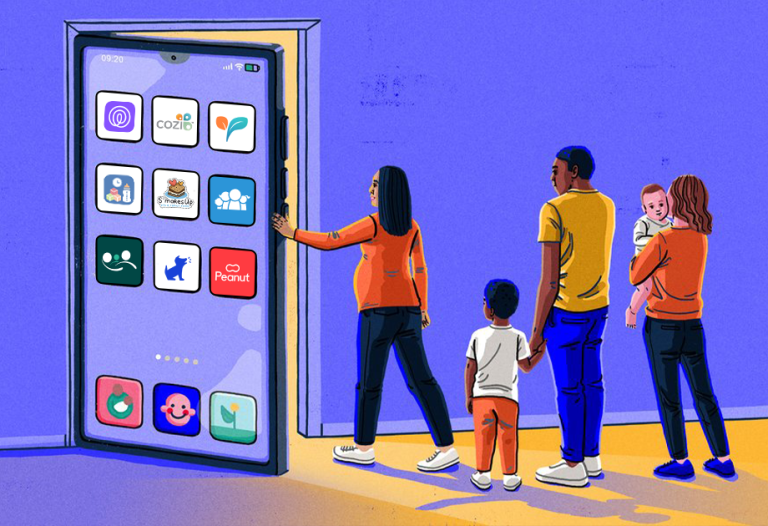5 Health Implications Of A Room Heater On Your Child
Would you risk your child’s health for a moment of warmth? In winter, when the weather gets cold, a room heater becomes an essential tool for many households. Although it offers the desired warmth and comfort, the health implications of a room heater might be an issue that you should be aware of.
The development of dry skin, respiratory problems, and safety hazards might be some of the results of incorrect use. But, by way of propriety, sticking to information, and choosing wisely, you can lessen the dangers and keep your child safe and comfortable.
This blog will examine the implications of a room heater on a kid’s health and also include practical advice for their safe use.
How Room Heaters Affect Indoor Air Quality
Room heaters alone may dislike hydrometers, which in turn means air pollution in a home could be really great. Additionally, children are particularly sensitive to these fluctuations because their respiratory systems are still under development.
Low Humidity Levels
Warming devices in the house usually decrease indoor humidity, which equals dry air. You may experience the following:
- Dry and itchy skin
- Irritation in the nose, throat, and eyes
- Increased susceptibility to colds and infections
Allergen Circulation
Devices with fans can scatter particles such as dust and pet hairs, which may lead to asthma or allergies.
Carbon Monoxide (CO) Risk
A fuel-powered appliance or heater, in closed environments, releases carbon monoxide, a harmful gas that causes headaches, dizziness, and even severe health issues.
Solutions
- Use a Humidifier
Putting high humidity in the air can protect the skin of your child and the child’s respiratory system.
- Ensure Proper Ventilation
Leave some of the windows slightly open while using gas heaters, and also use a carbon monoxide detector.
- Regular Cleaning
Regularly clean the heater as well as nearby areas to help cut down the dust and other allergens.
Respiratory Health Concerns
Children’s respiratory systems are hypersensitive and prone to be affected easily by the things in their environment; hence, they are more likely to be hit by the impact of room heaters.
Dry Airways
Staying in the air for too much time with low enough moisture can influence the airways, thus causing a sore throat, nasal obstruction, and coughing.
Asthma Triggers
Heaters are a thing to be cleaned regularly only due to airborne dirt and allergen circulation, which at the same time was always a risk and still is for children with asthma.
Overheating
Due to the excessive heat in confined areas, it gets harder to breathe and causes dehydration.
Solutions
- Maintain a Balanced Temperature: Safely and comfortably maintain the room temperature at 68-72 degrees Fahrenheit.
- Avoid Overuse: You should use the heater for a short period of time, rather than letting it stay on the whole day.
- Monitor Your Child: Keep an eye out for symptoms of respiratory disorders such as wheezy breath and shortness of breath, and see the doctor if necessary.
Skin and Hydration Issues
Room heaters, especially those that dry out the air, can affect your child’s skin and hydration levels.
Dry Skin
A continued stay in heated, dry air may cause redness, itchiness, and peeling skin.
Chapped Lips
The child’s lips may be cracked and painful due to the lack of moisture in the air.
Dehydration
Breathing in warm air can emaciate your child of water, particularly during the long exposure.
Solutions
- Hydrate Regularly
Make sure your kid gets enough water daily, i.e., he should drink plenty of it.
- Apply Moisturizers
On top of that, safe, child-specific moisturizing lotions can be put on their skin to maintain hydration it.
- Monitor Room Humidity
Buy a hygrometer then – you’ll be able to monitor the humidity levels and adjust them to stay at 30-50% range.
Fire and Burn Hazards
It is natural for children to be curious and in some cases they may come into contact with or be too close to a heater, which results in burns or injuries. Also, poorly positioned heaters can increase fire hazards.
Burn Risks
If a hot heater surface is touched it may cause serious burns for young children.
Flammable Items
Letting your curtains or a blanket too close to the heater is another way to heat-produce a fire.
Solutions
- Choose Child-Safe Models
Find heaters that are cool to touch on the outside and also have a few safety features like automatic shutoffs.
- Position Heaters Safely
Ensure your baby is more than three feet away from this appliance and any combustible items.
- Educate Your Child
Instruct them about the hazards of getting too close or touching the heater.
Noise and Sleep Disturbance
Some room heaters, especially those with fan-based designs, can generate a lot of noise which might disturb your child’s sleep. If a child suffers from lack of sleep, it may result in them being anxious, less attentive, and a weaker immune system.
Solutions
- Opt for Quiet Models
Select devices that are specially designed for low-noise operation.
- Maintain a Comfortable Temperature
Make sure that the room is warm enough for sound sleep without being overheated.
5 Practical Tips for Using Room Heaters Safely
To minimize risks and ensure your child’s comfort, follow these practical tips:
1. Place the Heater Out of Reach
Set it up in a location where your baby is away from it and won’t be able to touch or knock it over.
2. Monitor Usage Time
Prevent overheating and skin dryness with prolonged use of the device.
3. Ensure Proper Ventilation
Most crucial for gas heaters, it prevents carbon monoxide from building up in the room.
4. Inspect the Heater Regularly
Look for signs of wear and tear, dislodge wire, and other safety issues regularly.
5. Supplement with Warm Clothing
Parents can dress their children in several layers to make them feel warm so that the dependence on the heater can be reduced.
3 Benefits of Room Heaters When Used Responsibly
Being careful in their use, room heaters can make your child’s winter not only a more comfortable one but also a season filled with perfect health.
1. Warmth and Comfort
Being warm inside the house can be the reason for your child continuing to be comfortable during the colder months.
2. Reduced Risk of Cold-Related Illnesses
A room that is warm enough effectively decreases the odds of getting colds or flu.
3. Improved Sleep
An even and pleasant temperature is key to better sleep quality for your baby.
The Final Note
While space heaters are great for keeping the home warm and comfy during the cold season, being aware of the health implications of a room heater for your child should be the main priority when it comes to keeping your child safe and healthy. Dry skin, trouble breathing, dehydration, and being at risk of accidents may be the results of improper heater usage. Nevertheless, with the application of safeguards, educated selections, and a positive attitude, you can, to a great extent reduce these risks.
By setting the room temperature and humidity at the right levels and choosing childproof heater models, small changes will lead to the comfort and well-being of the child in a notable way. Make sure you check your child’s health, advise them to drink fluids, and obey the rules of safety so that you can create a safe, warm environment. We hope by this blog you understand the health implications of a room heater.
The use of electric heaters by being responsible can consequently improve your child’s comfort while still remaining healthy. By creating a balanced and safe environment, you can enjoy a cozy winter, while at the same time, your child will be happy, healthy, and comfortable.

